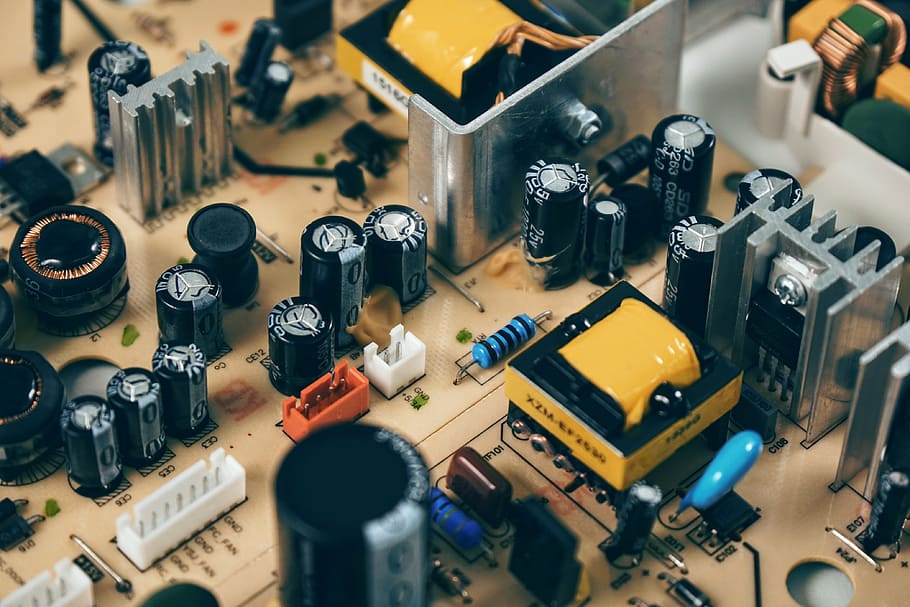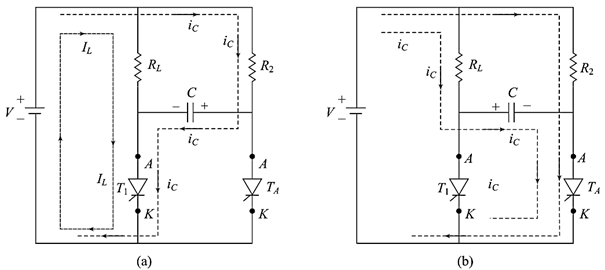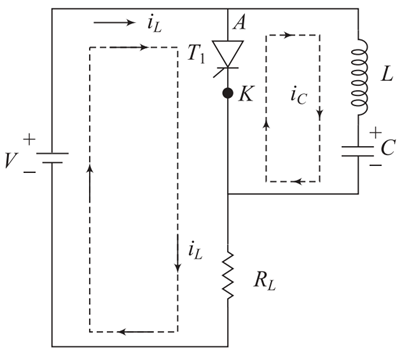Syllabus
DC Circuits: Electrical circuit elements (R, L and C), voltage and current sources, Ohm’s Law, KVL & KCL, mesh and nodal analysis, Superposition, Thevenin’s, Norton’s and Maximum Power Transfer Theorems.
AC Circuits: Representation of sinusoidal waveforms, peak and RMS values, phasor representation, real power, reactive power, apparent power, power factor, Analysis of single-phase ac circuits consisting of R, L, C, RL, RC, RLC series combinations.
D.C. Generators: Principle of operation, Action of commutator, constructional features, armature windings – lap and wave windings, E.M.F. Equation, separately excited and self-excited generators-Magnetization Characteristics.
D.C. Motors & Speed Control of D.C. Motors: Principle of operation, types, back E.M.F., torque equation, speed control of D.C. Motors (Armature and field control), Losses and Efficiency, Swinburne’s Test.
Single Phase Transformers: Constructional details, EMF equation, operation on no load and on load Conditions, Phasor diagrams. Equivalent circuit, losses and efficiency, OC and SC tests, minimization of hysteresis and eddy current losses, numerical problems.
Diode and its Characteristics: P-N junction diode, symbol, V-I characteristics, rectifiers, half wave, full wave and bridge rectifiers.
Resources
Lecture Notes
Module 1 (Download)
Module 2 (Download)
Module 3 (Download)
Module 4 (Download)
Module 5 (Download)





